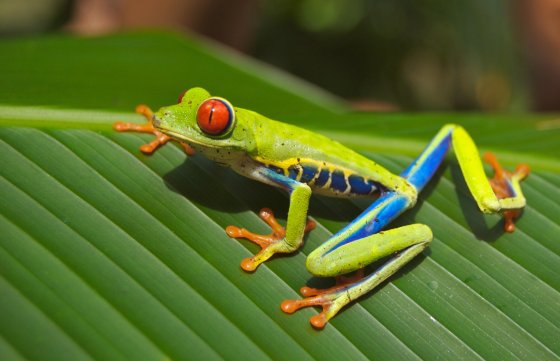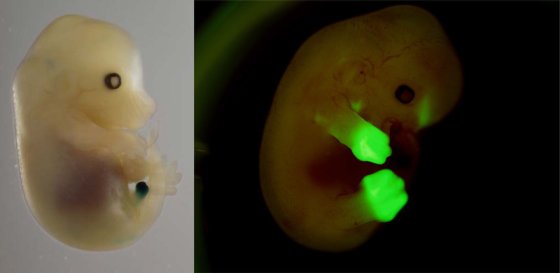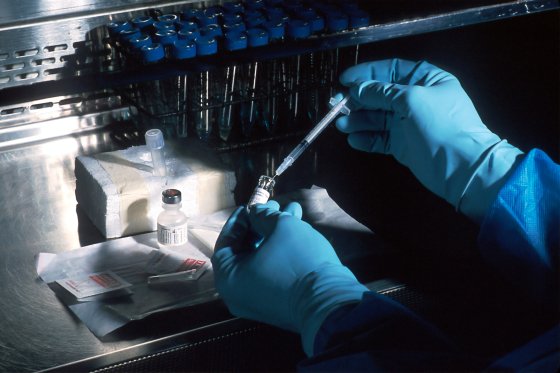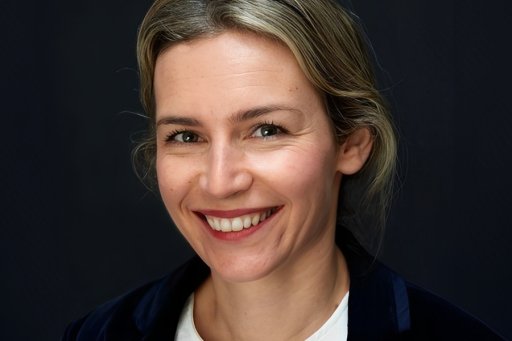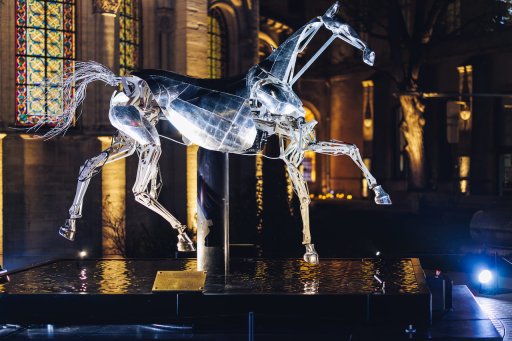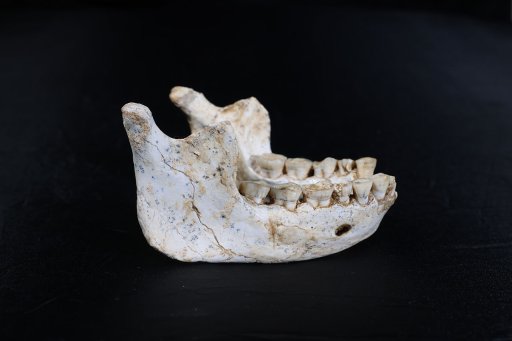A specialist in molecular genetics and developmental biology, Denis Duboule is particularly interested in the genetic regulatory mechanisms governing gene expression and embryonic development.
A visiting professor at the international Evolution of Genomes and Development Chair since 2017, he will become the holder of the Evolution of Development and Genomes Chair in 2022 .
How did you become interested in the field of molecular biology ?
Denis Duboule :Having grown up in the countryside, I've always loved nature and animals. When I studied biology, I first turned to plants and fungi, because I have a taste for classification - old-fashioned biology. Then, little by little, I got into embryology, which didn't really appeal to me at university, because it all seemed so complicated. However, when you take a closer look at it, almost as an examination requirement, you realize that it's a discipline of inexhaustible conceptual and historical richness. After my doctorate, I went to Strasbourg to study with Professor Pierre Chambon, who went on to teach at the Collège de France. After a few months, he received an unpublished manuscript written by a Basel researcher, Walter Gehring, who had made an incredible discovery concerning developmental genes in the Drosophila fly. Pierre Chambon was convinced that these genes and their functions also existed in vertebrates, so he suggested I set up a group on the subject. I didn't have a very good idea of what it was all about, but I was intrigued, so we started working with these genes in an extraordinary scientific environment. It's important to understand that, for the last fifteen years of the last century, developmental biology and genetics were in a constant state of flux. Every year, there were incredible new results, right up to the sequencing of genomes at the turn of the millennium. I'm not suggesting that the current period isn't as rich, and I'm not being nostalgic. But there has been a turning point, a meeting of two worlds : developmental biology - a science that is above all experimental, almost like cooking with its manual recipes - and genetics, which has a more intellectual, abstract approach. Two seemingly opposed states of mind, which came together thanks to molecular biology. That's when we began to understand that genes control the development of embryos.
How can we explain the years of circumspection that followed the discovery of this mechanism in Drosophila ?
When the first vertebrate Hox gene - from a frog - resembling those of the fly appeared, it became clear that the animals shared similar genes. Yet it took a few more years to understand that the general organization of this essential body-building genetic network was conserved between vertebrates and invertebrates - that the same fundamental rules were at work. This only foreshadowed the analysis of genomes at the end of the last century, which showed that, while there were clear differences between the genomes of distinct species, the number of genes and the way they were regulated were very similar between species. We carry within us the history of animals. The 1965 Nobel Prize winner for medicine, French biologist François Jacob, was already saying this in the 1970s. At the time, it was thought that elephants had trunks, because they possessed a trunk gene. This view was supported by a skewed vision of evolution and genetics, which associated a gene with a specific characteristic. But it doesn't work like that. So, if we have the same genes as the elephant, why don't we have a trunk ? It's a reversal of the question that led us to ask : how is it that animals are so different from each other, when they share so much of their DNA ? An incredible field of research opened up at that time, and it's still a work in progress.
